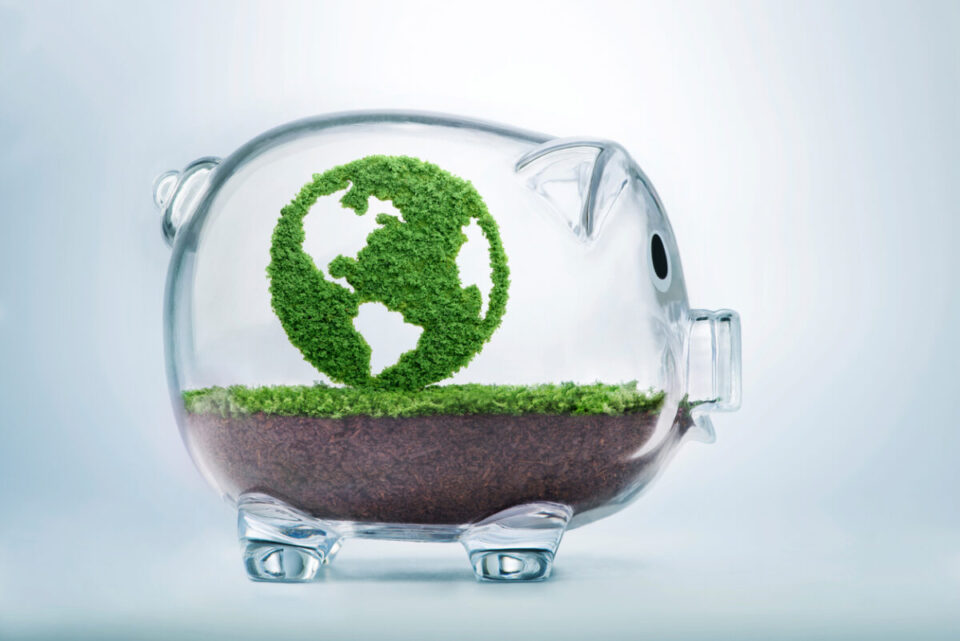The FinTech Times,
Research by Barclays Private Bank’s Smarter Succession: The Challenges and Opportunities of Intergenerational Wealth Transfer undertaken by global intelligence business Savanta, revealed that almost three in five older generations of high net worth (NHW) families in the Gulf Cooperation Council (GCC) say millennials are leading their family towards more sustainable investing.
The report shows that three in five (58 per cent) HNW family members in the Middle East indicate that responsible investing is important to them. Whilst the outlook on responsible investing is shared, three in five globally say that different appetites for risk between generations have influenced financial and wealth transfer planning.
The research indicates the intergenerational transfer of wealth shows that environmental, social and governance (ESG) investing has been brought into wealthy families’ consideration by the younger generations. This has led to increasing family allocations to sustainable assets and is acting as a common ground for the different generations in financial planning, despite competing priorities and different views towards risk.
As a result, sustainable investing is now resonating with more HNW individuals of all ages and generations, uniting families around shared goals of investment responsibly and making financial returns. One in ten (11 per cent) of all generations say that having a positive environmental impact is a top personal aim, and 58 per cent in the Middle East agree that responsible investing is now important to them, demonstrating the potential of ESG issues to align with overall wealth objectives across generations.
Changing attitudes have led to a substantial shift in the way HNW families are investing, with around four in five (78 per cent) globally and in the Middle East (82 per cent), expressing their views on social and environmental responsibility in their investments.
For those who aren’t already investing this way, 22 per cent of the elder generations would like to find out more about their sustainable investment options, and 19 per cent are interested in understanding more about investing specifically for positive social and environmental impact, suggesting that the trend is likely to continue to grow.
Sustainable investing may provide a place for common ground between the generations, where issues such as risk appetite continue to bring conflicting views from different generations. The research found that 61 per cent family members globally cite different risk appetites between the generations as affecting the direction they collectively take on investments as compared to 46 per cent of those in the Middle East. The report shows a belief among Saudis that factors such as a different outlook on life, or values, creates conflict within families when it comes to appetite for risk. Though this might be less of an issue in the UAE and Qatar.
The GCC-based high net worth families say that broadly different life values (56 per cent), the impact of social media and differing educational backgrounds are also areas that are contributing to different outlooks and priorities between the generations, and in turn affect financial and succession planning.
Globally, half (50 per cent) of this millennial generation say that these factors contribute to them feeling that their overall financial aims and objectives are not understood by the rest of the family.
Philanthropy is another area where the younger generations are taking a role in using family wealth to positively affect the world, but in contrast to sustainable investing, charitable giving tends to be led by the older generation, showing that each age group is finding different ways to give back to society. Research suggests that for older generations in the UAE, children are taking the lead on charitable giving, potentially leading the region, though this tendency does seem to exist in Saudi and Qatar.
Globally, over 60-year-olds more commonly say that philanthropy is their passion (38 per cent) than the under 40 year-olds (20 per cent), but in the majority of families (74 per cent), the older generation hands responsibility for managing philanthropic activity to their children.
Rahim Daya, Head of Private Banking, Barclays in the Middle East, comments: “The report findings reflect that 76 per cent of all respondents in the Middle East state that responsible investing is important to their family. This demonstrates that business leaders across the generations are deeply committed to adding value to the societies in which they live.
“While differing life outlooks and values may determine discrepancies in risk investment appetites across the generations, it is encouraging to see that impact investing is a movement that resonates with individuals of all ages.”
Damian Payiatakis, Head of Sustainable and Impact Investing, Barclays Private Bank added: “Our research shows how the younger generations, who have been engaged longer with sustainable investing, are vocal within their families to shift the perspectives of older generations.
“As well, most of the narrative around sustainable investing focuses on the benefits for your portfolio alongside people and planet. Now, we can see its potential benefits for aligning your family around shared values and supporting intergenerational wealth transfer.
“With the heads of the families thinking about succession planning and investing beyond their personal lifespan, our conversations have extended to include how sustainable investing can secure their children’s future, their readiness to inherit family wealth, and a common ground for family discussions around wealth.”







